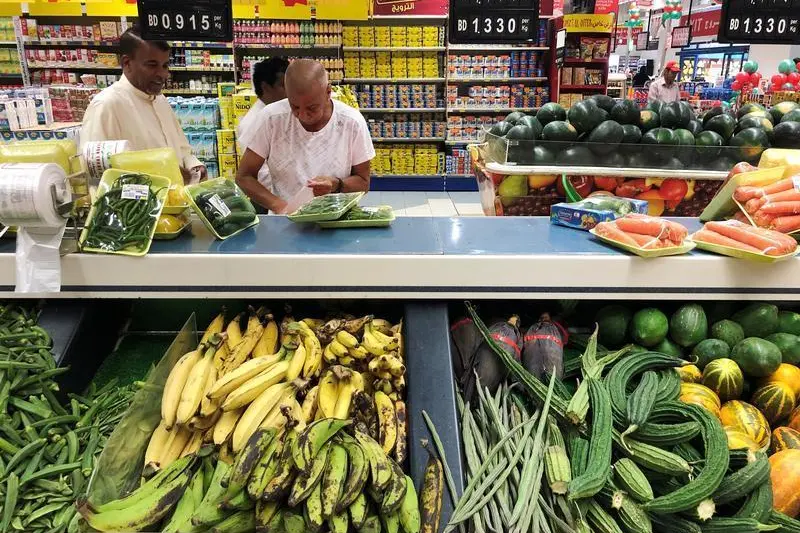PHOTO
Bahrain is among the top 50 most food secure nations in the world, according to a new index.
The Global Food Security Index 2020 (GFSI) has ranked the kingdom 49th globally, one spot up from the index the previous year.
It has further praised the country’s food safety programmes and access to finance for farmers, among other initiatives.
However, it calls upon the authorities to set up a specific food security agency to deal with challenges the country faces related to crop storage facilities, lack of nutritional standards and, more importantly, climate change.
The report conducted by the Economist Intelligence Unit covers 113 countries in three parameters:
*affordability
*availability
*quality and safety
*and natural resources and resilience
Bahrain ranked 35th globally in affordability, 64th in availability, 44th in quality of food and 111th in natural resources and resilience.
People in Bahrain have 99 per cent access to drinking water, know how to store food safely and the report adds that no one in the country is living on or below the global poverty line, which is $3.20 per day.
Data showed Bahrain has enough food supplies (75.3 score out of 100) while the world average was 60.4, and has a good irrigation infrastructure (46.5) higher than the world average of 10.6.
Surprisingly, despite numerous reports about the amount of uneaten food being thrown away, the data shows that food loss in the country is 3.3 tonnes, much lower than the world average of 5.7 tonnes.
The report states that GCC countries including Saudi Arabia, Qatar and the UAE have made significant improvements over the past decade.
“The UAE is boosting local food production by supporting ventures in hydroponics, aquaponics and vertical farms,” stated the report.
“Singapore, which, along with Bahrain, is one of the two most food import-dependent countries, is scaling up local production through vertical farms and investing in alternative proteins, in addition to diversifying its food suppliers.”
However, the report has given Bahrain food for thought on how to move up the index further and help safeguard food security.
It pulled up Bahrain for failing to provide national dietary guidelines with a zero score, while the world average was 0.4 from a rating between 0 and 1.
In addition, Bahrain scored low (23.5) for having a lack of nutritional standards while the world average was 60.4.
The findings state that Bahrain does not have a dedicated food security agency, food security and national nutritional strategies.
The Bahrain authorities may question that finding, as in recent months the kingdom has stepped up self-sufficency by planning to boost stocks of local produce such as fish, eggs and livestock.
The index also suggests that no investment has been made, either by the government or the private sector, to improve or expand crop storage within the past five years.
One of the biggest challenges the report highlights the country faces is a rise in temperatures (103.4 with 0 being the least vulnerable), while the world average is 71.6.
A rise in sea levels, flooding and storm severity have also been listed in the report as potential threats.
Finland tops the list while last year’s leader, Singapore, drops down to 19th place. Ireland retains its second rank followed by the Netherlands.
The bottom three nations are Zambia, Sudan and Yemen.
“Sponsoring the Global Food Security Index is part of Corteva Agriscience’s long-term commitment to growing progress,” said Corteva Agriscience chief executive James Collins.
“With food security declining again, we all must heed the urgent call to renew our collective commitment to innovation and collaboration.
“Our future is only as secure as our food system and agriculture is at the heart of it.”
sandy@gdn.com.bh
© Copyright 2020 www.gdnonline.com
Copyright 2021 Al Hilal Publishing and Marketing Group Provided by SyndiGate Media Inc. (Syndigate.info).





















